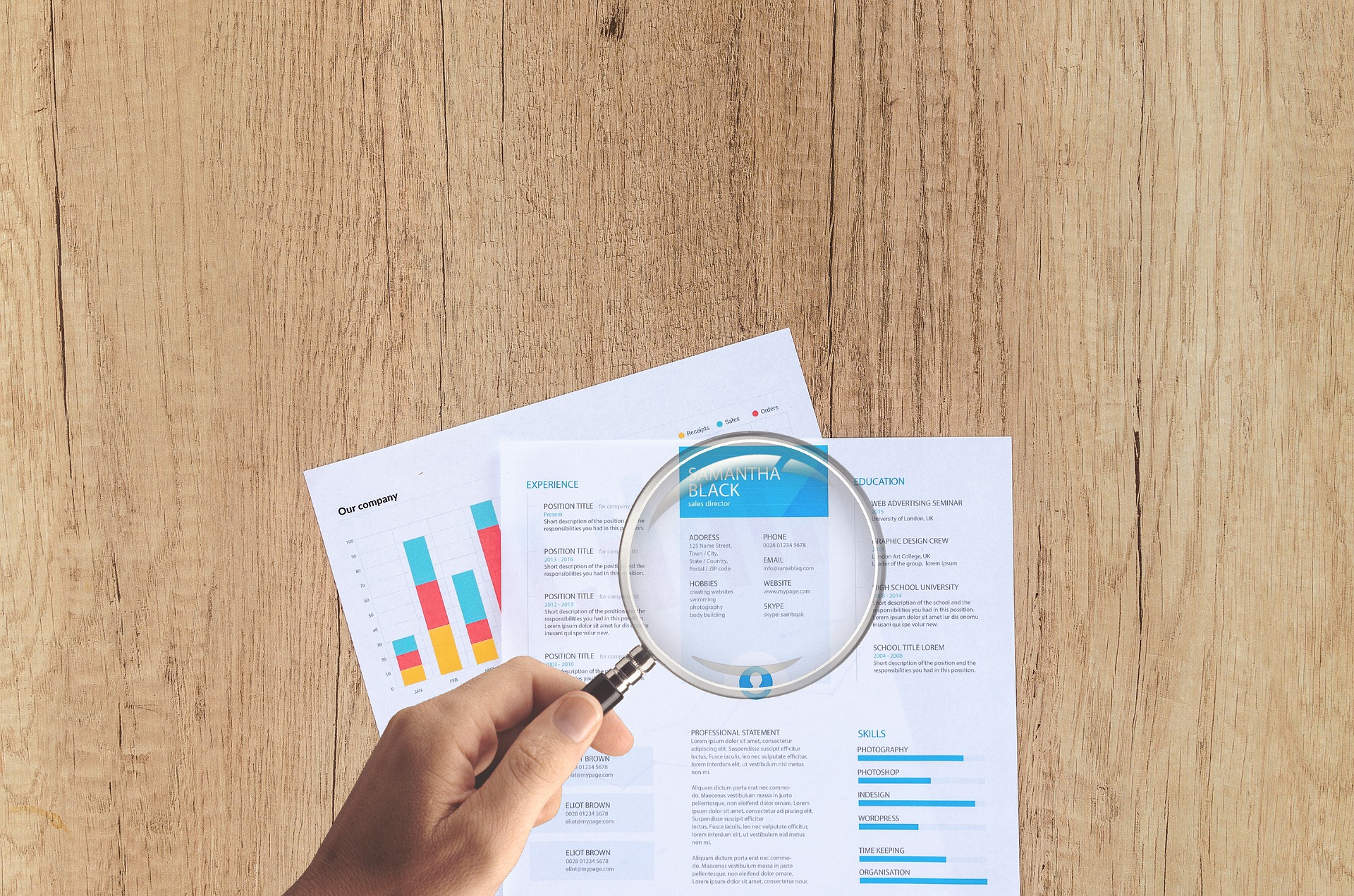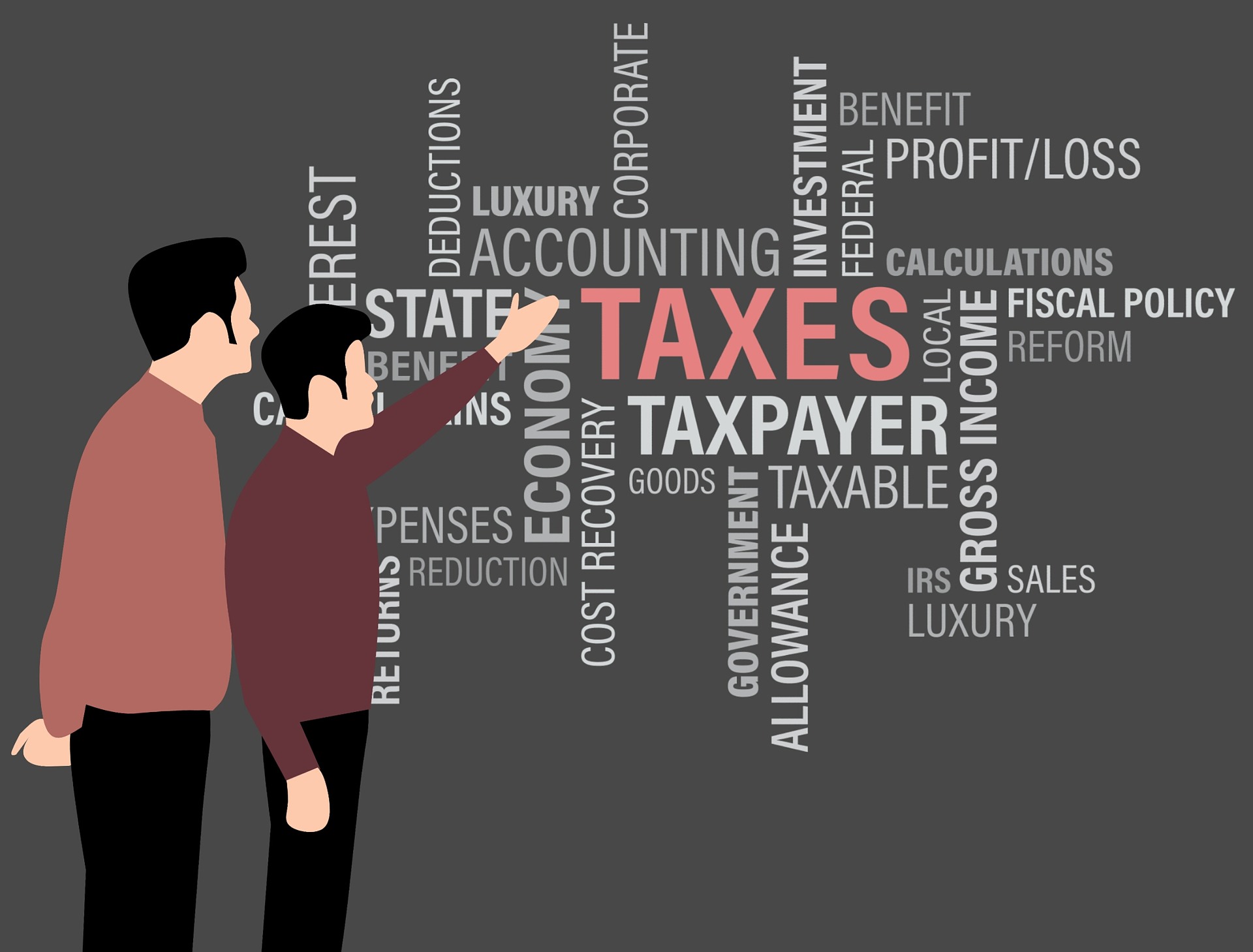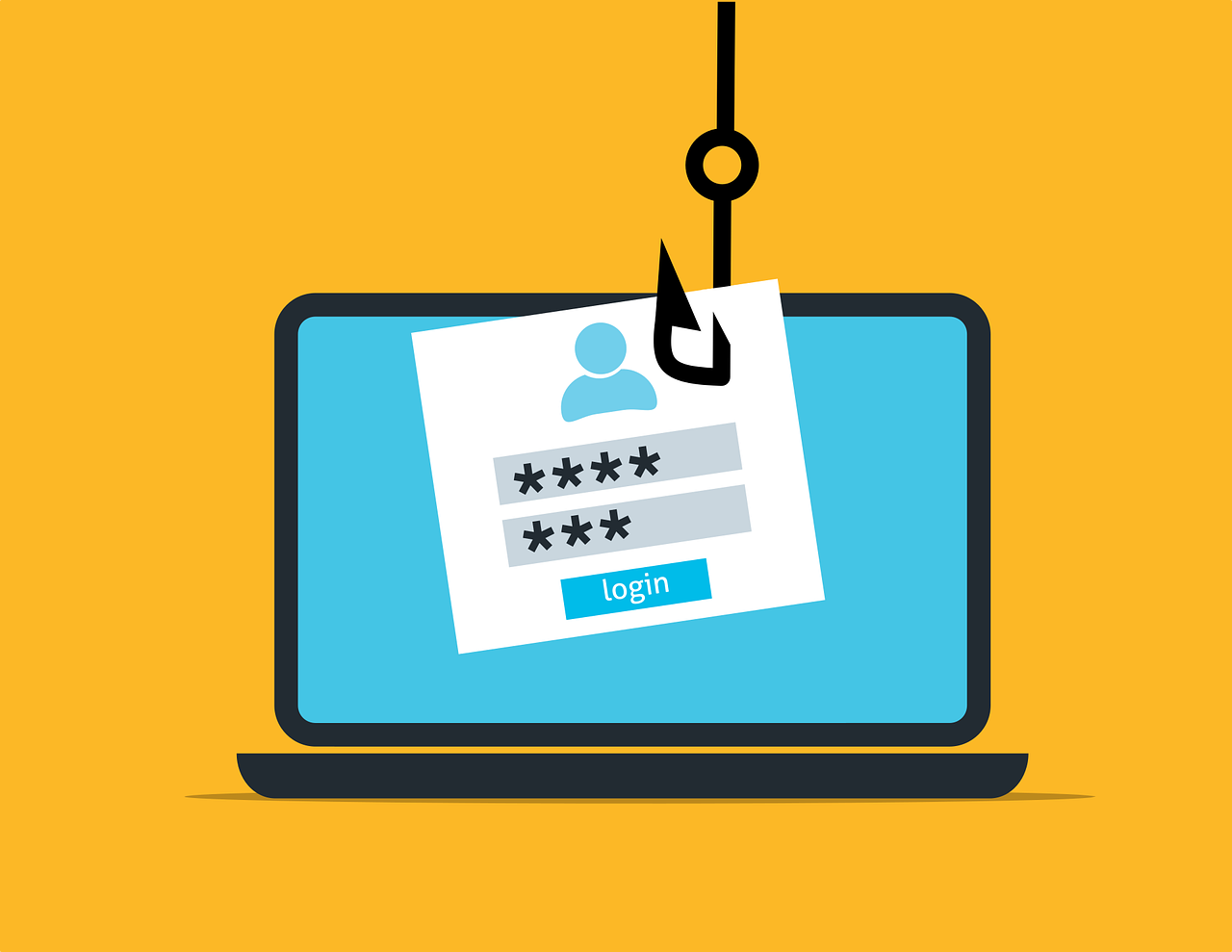In the last blog we got you started with the basics of bookkeeping for your small business. Today we continue with bookkeeping 101.
Business and personal finances do not mix
A big mistake new business owners make is to mix their business and personal finances together. Not only will this make you a very attractive Canadian Revenue Agency (CRA) audit candidate, it will damage both sets of your finances.
Even if you are a one-person business running the company from your basement, have a separate bank account, credit card and cheques to manage your business monies. When you take money from the company, do it at regularly scheduled intervals, like a paycheck (once or twice a month). When putting money into the company, clearly designate what is start up/operating capital and work towards the business being self-sufficient financially.
Record keeping, receipts and bills
Keeping your bills and receipts organized all year long means much less pain at tax time. You or your accountant will have to produce proof for each deduction.
If you use your personal vehicle for business, you may (depending on several factors) write off a portion of the use – providing you can prove where and when it was used as a business vehicle. This means keeping maintenance records, odometer readings and gas receipts.
When you purchase items such as office supplies, keep the receipts. The item may be a tax write off, or you may be able to claim back a portion of the tax you paid on it.
Capital Expenses and Depreciation
As your small business grows, so does your need for space and equipment. A large, expensive purchase of a physical item that improves your business is called a capital expense. Capital expenses are not treated the same as small expenses during tax time. Since the value of the purchase decreases over time, the values are adjusted in your taxes.
For example, let’s say you purchased a fancy photo copier with all the bells and whistles. Can you sell that copier ten years from now for what you paid for it? Of course not! It has gone down in value. That is depreciation.
Most companies save up or plan for capital expenses. If you own an office, you may need to plan for a roof replacement. If you manufacture goods, you will need to plan for automated systems, etc. For bookkeeping, you must record the capital expense of the item as well as if you used credit to pay for it. Then, each tax season, reflect the depreciation year over year.
A dose of reality
Perhaps the most important part of your bookkeeping strategy is a dose of realism. Running a small business is a great deal of work. As the entrepreneur, you are the one meeting clients and making deals, along with washing the dishes in the break room, doing the marketing, keeping up the books, and trying to keep everything afloat. You will work longer and harder than anyone else in your company until you grow it large enough to self-sustain or to sell.
As busy as you are, you must devote yourself to proper bookkeeping, or hire a professional bookkeeper. Failure to do so could easily sink your business – and when a mistake like that is so easily avoidable, why not give yourself every advantage?
Give yourself time to do what you do best – run your business. Let AF Accounting take care of your bookkeeping. With affordable services and a strong knowledge base, you can rest easy knowing your books are in good hands.











